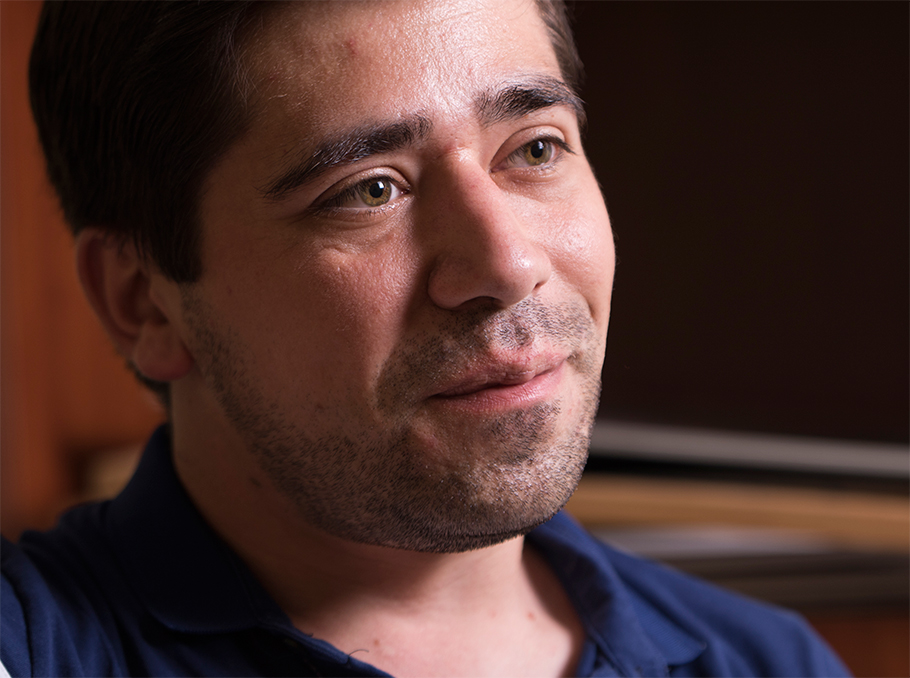For about two years, Armen Mkheyan has taught the pupils of Urasar school of Lori region to love mathematics, using non-traditional methods, which significantly differ from those of the Armenian educational system.
Armen is not a mathematician. He graduated from the National University of Architecture and Construction of Armenia (NUACA) as an engineer and then from the Public Administration Academy as a financier.
He decided to take part in “Teach for Armenia” program and work as a teacher at a rural school after working at a research institute. During that time, he has visited hundreds of villages across Armenia and has seen the poor state of education at rural schools. Parallel to teaching at school within the framework of “Teach for Armenia” project Armen has specialized as a Math teacher at Shirak State Pedagogical University.
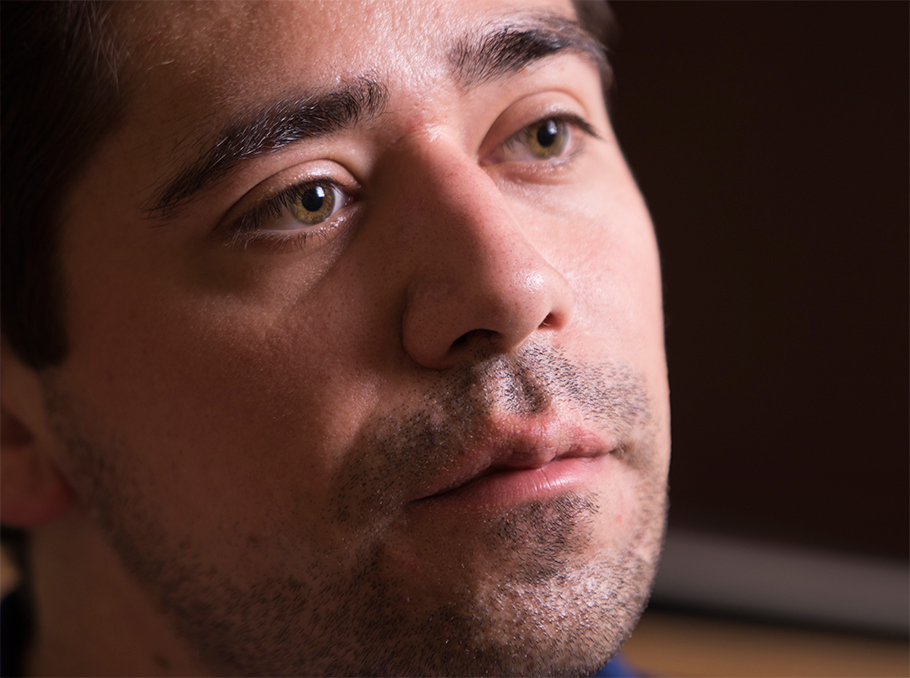 Armen Mkheyan
Armen Mkheyan Photo: Mediamax
“I realized that education, as one of the fundamental spheres of the state, required drastic changes. I thought about what I myself could possibly do and how I could contribute. After learning about “Teach for Armenia” program, I decided to apply. I attended a training in pedagogy and mathematics after which I was assigned a teaching job at one of schools. I chose math because it was the closest one to my profession and while in training I mastered the skills necessary for making math easier and more understandable for pupils,” Armen says.
Teacher’s “weapons”
Besides being a science mathematics is also a mentality. While teaching I tried to not only develop pupils’ academic knowledge but also shape their mentality – logic, analysis, criticism.
By developing mathematical thinking among pupils, you give them an opportunity to have a balanced, analytical mind throughout their lives. For example, to use a mathematical approach in overcoming obstacles by analyzing and summarizing them, trying to understand what is of utmost importance. The development of mathematical way of thinking enables children to better understand and learn other subjects as well.
Teaching methods applied by participants of “Teach for Armenia” program significantly differ from generally accepted ones and help a great deal in terms of mathematics. They include various games and problem modeling: pupils solve problems they have modeled themselves, check each other’s solutions and get a better grip of the subject.
Imagine how difficult it is to enter a classroom and teach two different programs during one class. I had drafted a plan thanks to which I managed to conduct an effective lesson. On the other hand, there were children with special needs who required individual approach. It was a small rural school but with all basic issues.
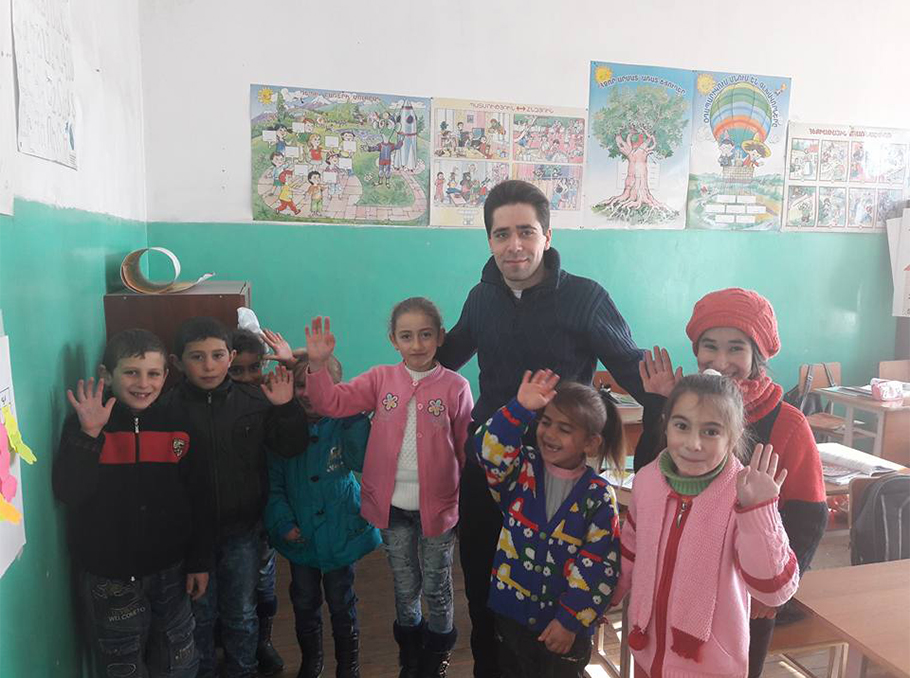
Photo: Armen Mkheyan’s archive
The best way to conduct a lesson especially for elementary school children (till the 4th grade) is through games. We divide into teams, stirring competition among pupils, and they are forced to get more interested in the class, develop math skills and express themselves better. I myself felt how the motivation facilitated by teamwork helps them.
Natural sciences, mathematics in particular, are very interesting in terms of modeling, since pupils have the visual and can for example draw the path that solves a problem, make graphs, etc. It’s the beauty of math when pupils see how the graph of the problem they have solved is built.
When the pupil is trying to grasp math beyond just formulas, see how the formula is built, what results it entails, he can’t but get engrossed in the subject. Mathematics and natural sciences are the foundation of people’s thinking.
Help pupils choose math
As a teacher, I can help and guide my pupils to choose and higher evaluate mathematics. I can make math much more interesting for them, make them love it and use it in the future, I can also advise which professions require mathematical skills but it is up to them to choose their profession.
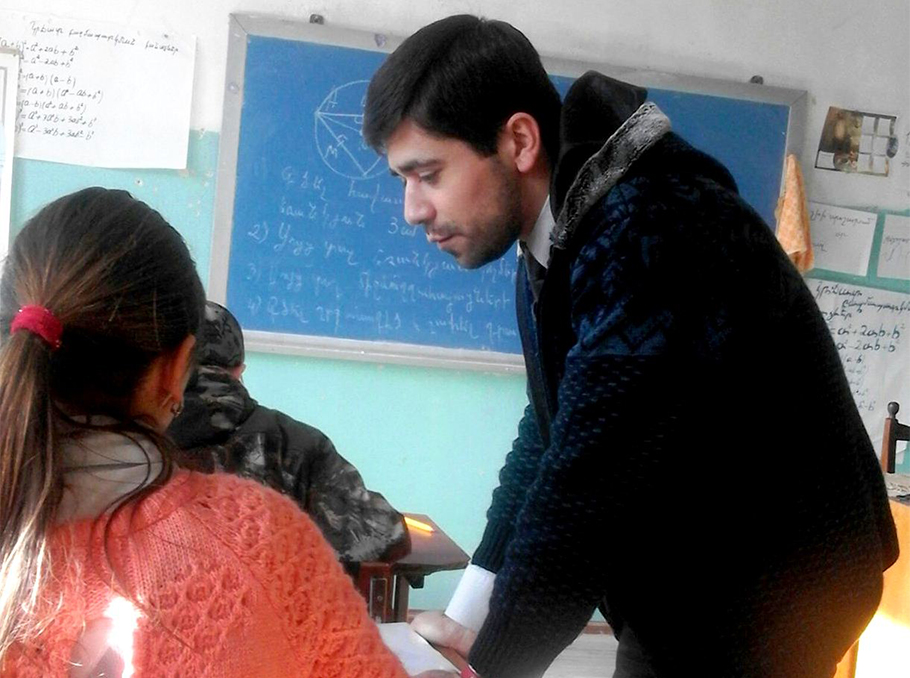
Photo: Armen Mkheyan’s archive
In higher grades, teaching math has its specifics. At this age, pupils are already mature and games are no longer appealing to them, so your task as a teacher is much more complicated. I used to instruct pupils in higher grades to model problems, solve them and present them in class. This also motivates competition and helps reach better results.
The teacher must be well prepared and have a flexible mind. Today schoolteachers need training, and the focus should be put on digital technologies, on mastering modern techniques and applying them in class.
From the first grade teachers inspire pupils to love learning. Our classrooms must be student-centered rather than teacher-centered, like today. Pupils should be energetic and active, instead of bored to death.
The teacher has to think that pupils do something related to the subject during the class, which will help them stay focused, motivated and interested in class. The teacher should understand each one of his pupils and try to have an individual approach. I know it’s not easy given a big class, but it’s not impossible either.
Math is not complex and you can learn it
Pupils should not be afraid of overcoming difficulties in mathematics. If they are afraid of them, what are they going to do when faced with real life problems?
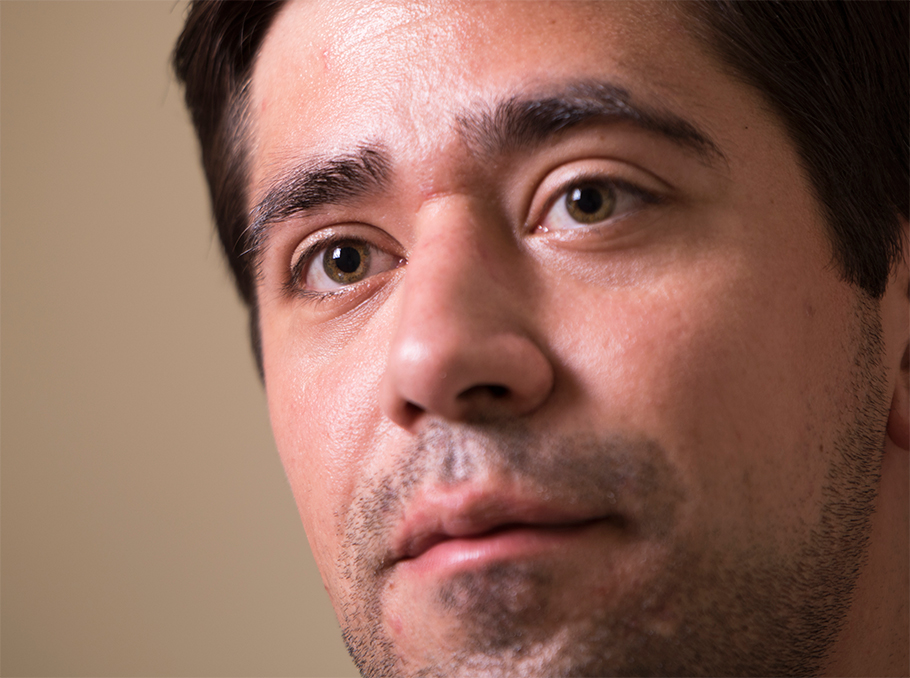 Armen Mkheyan
Armen Mkheyan Photo: Mediamax
At the same time, the teacher should be a good friend whom you can overcome any obstacle with. The role of a teacher in learning math is tremendous. He can solve problems together with his pupils step by step dividing them into small parts, explaining why the solution is reached in this particular way rather than intimidate his pupils with their complexity. What is of utmost importance is that the teacher should not solve problems for his pupils. He must guide them to solve problems on their own. It takes many hours of hard work and inspires the pupils, makes them believe in their own strengths. At every lesson, we used to spend time on independent work, which allowed the pupils solving the problem using the skills they have mastered.
My pupils knew what they were going to learn during each class and what knowledge they would have when the class was over. By the same principle, we used to set the goal for the whole school year and went for it.
The other important thing is that pupils not be dependent on their grades. They should understand not to get depressed because of grades since they are not that vital. The knowledge is much more important; it remains with them for the rest of their lives.
Challenges “shaping” math teachers
The higher educational institutions have a lot of work to do. They have to change the methods of preparing teachers. It is ineffective to simply provide academic knowledge and send teachers to schools where they are going to face a class of 30 different individuals. You may have brilliant knowledge but if you fail to bring it to your pupils then you have a problem.
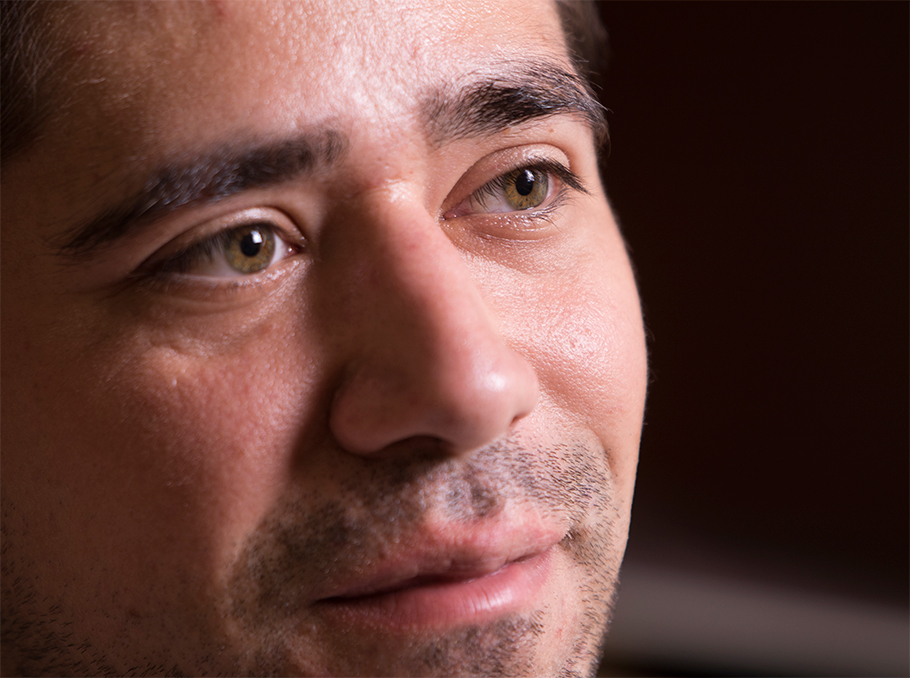 Armen Mkheyan
Armen Mkheyan Photo: Mediamax
University programs need to include methods, skills and techniques, which will enable the teacher to attract pupils, become their friend and serve as an example. Without individual approach, the teachers will hardly ever achieve anything.
Mari Taryan
Photos by Emin Aristakesyan and from Armen Mkeyan’s archive
VOLO is the general partner of the project 









